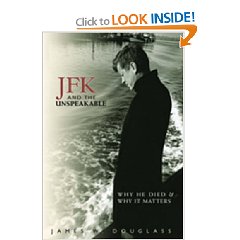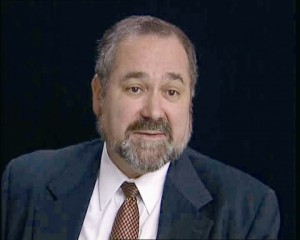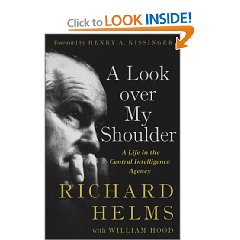Richard Helms is, after Allen Dulles, arguably the most significant US spymaster and intelligence manager in history. It is a fortunate circumstance that he overcame his reluctance to publish anything at all, and worked with the trusted William Hood, whose own books are remarkable, to put before the public a most useful memoire.
Below are a few of the gems that I find worth noting, and for which I recommend the book as a unique record:
1) Puts forward elegant argument for permissive & necessary secrecy in the best interests of the public
2) Defends the CIA culture as highly disciplined–he is persuasive in stating that only Presidents can order covert actions, and that CIA does only the President's direct bidding.
3) Makes it clear in passing, not intentionally, that his experience as both a journalist and businessman were essential to his ultimate success as a spymaster and manager of complex intelligence endeavors–this suggests that one reason there is “no bench” at CIA today is because all the senior managers have been raised as cattle destined to be veal: as young entry on duty people, brought up within the bureaucracy, not knowing how to scrounge sources or meet payroll…
4) Compellingly discusses the fact that intelligence without counterintelligence is almost irrelevant if not counterproductive, but then glosses over some of the most glaring counterintelligence failures in the history of the CIA–interestingly, he defends James Angleton and places the blame for mistreating Nosenko squarterly on the Soviet Division leadership in the Directorate of Operations.
5) Points out that it was Human Intelligence (HUMINT), not Imagery Intelligence (IMINT), that first found the Soviet missiles in Cuba.
6) He confirms the Directorate of Intelligence and the analysis it does, as the “essence” of intelligence, relegating clandestine and technical intelligence to support functions rather than driving functions. This is most important, in that neither clandestine nor technical collectors are truly responsive to the needs of all-source analysts, in part because systems are designed, and agents are recruited, without regard to what is actually needed.
7) He tells a great story on Laos, essentially noting that 200 CIA paramilitary officers, and money, and the indigenous population, where able to keep 5 North Vietnamese divisions bogged down, and kept Laos more or less free for a decade
8) In the same story on Laos, he explains U.S. Department of Defense incapacity in unconventional or behind the lines war by noting that their officers kept arriving “with knapsacks full of doctrine”.
9) In recounting some of CIA's technical successes, he notes casually that persistence is a virtue–there were *thirteen* satellite failures before the 14th CORONA effort finally achieved its objectives.
10) He gives Lyndon Baines Johnson (LBJ) much higher marks at a user and leader of intelligence, such that we wondered why Christopher Andrew, the noted author on US Presidents and intelligence, did not include LBJ is his “four who got it” (Washington, Eisenhower, Kennedy, and Bush Senior).
11) He confirms, carefully and directly, that the Israeli attacks on the USS Liberty were deliberate and with fore-knowledge that the USS Liberty was a US vessel flying the US flag on US official business.
12) He expresses concern, in recounting the mistakes in Chile, over the lack of understanding by President Nixon and Henry Kissinger (who writes the Foreword to this book) of the time lags involved in clandestine operations and covert actions.
13) In summary, he ends with pride, noting that all that CIA did not only reduced fear, it saved tens of billions of dollars in defense expenditures that would have been either defeated by the Soviets, or were unnecessary. There can be no question, in light of this account, but that CIA has more than “paid the rent”, and for all its trials and tribulations, provides the US taxpayer with a better return on investment than they get from any other part of the US Government, and certainly vastly more bang for the buck that they get from the US Department of Defense.
Richard Helms is a one-of-a-kind, and this memoire should be read by every intellience professional, and anyone who wishes to understand how honorable men can thrive in the black world of clandestine and covert operations. RIP.





